“Ewedu” is a Yoruba name for the plant known scientifically as Corchorus olitorius, commonly referred to as jute mallow or Nalta jute. It is a leafy green vegetable that is popular in West African cuisine, particularly in Nigeria, where it is used to make a soup known as “ewedu soup.”
Here are some key points about ewedu:
- Nutritional Value: Ewedu is rich in vitamins, minerals, and antioxidants. It is particularly high in vitamin C, vitamin A, and iron.
- Culinary Uses: Ewedu is most commonly used to make a slimy soup by boiling the leaves and then blending or pounding them to create a viscous texture. The soup is typically served with a stew made from ingredients like tomatoes, onions, and peppers, along with a starchy staple like rice or fufu.
- Health Benefits: Due to its nutritional content, ewedu is believed to offer several health benefits. It is thought to support immune health, promote healthy digestion, and help maintain healthy skin and vision.
- Cultural Significance: Ewedu is a staple vegetable in Yoruba cuisine and is enjoyed across Nigeria and other West African countries. It is often included in meals for its flavor, texture, and nutritional benefits.
- Cooking Tips: To prepare ewedu soup, the leaves are washed thoroughly and then boiled until tender. They are then blended or pounded to create a slimy texture. The soup is typically seasoned with ingredients like locust beans, crayfish, and salt, and can be served with a variety of accompaniments.
Overall, ewedu is a nutritious and flavorful vegetable that is an important part of West African cuisine. It is valued for its taste, texture, and health benefits, and is enjoyed in a variety of dishes across the region.


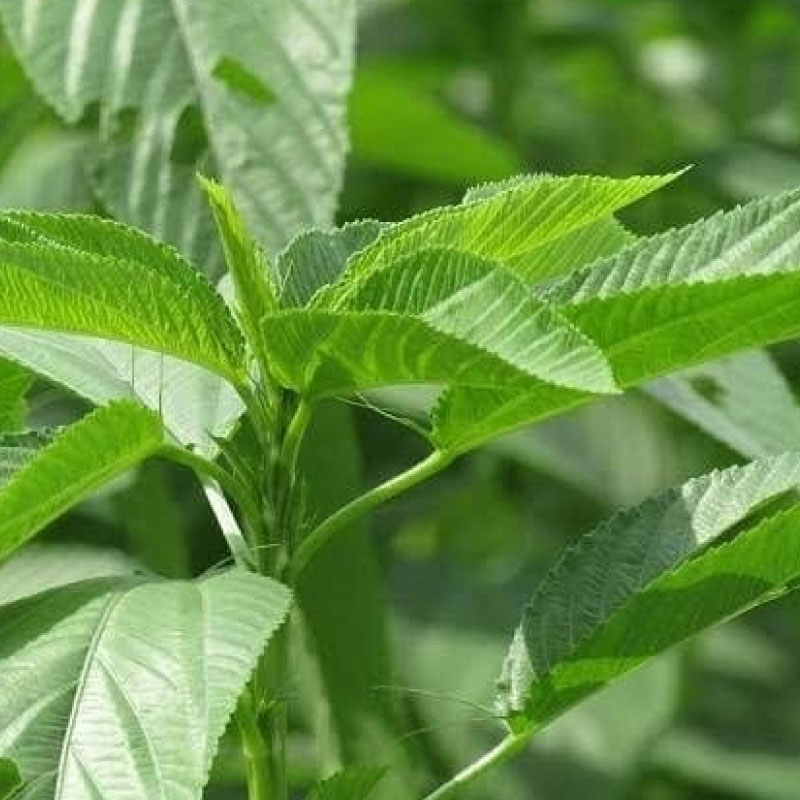



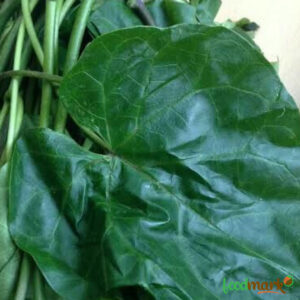
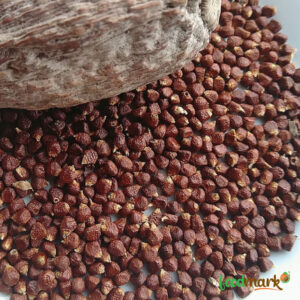
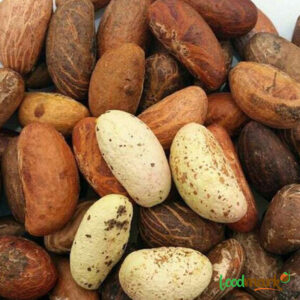







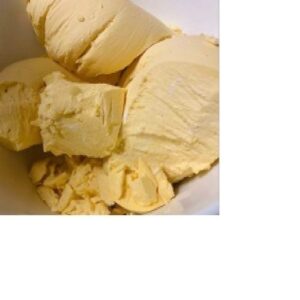




There are no reviews yet.